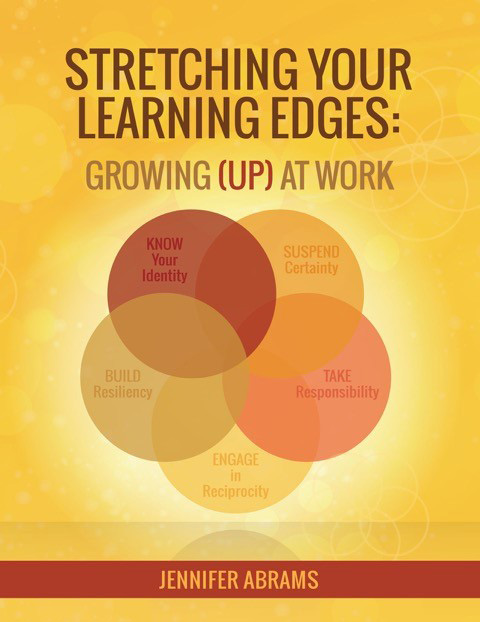One Way To Manage Stress: Focus On Self-Care
July 9, 2018

With all the challenges we face in today’s world, we need to prioritize our own emotional and psychological well-being too
In 1995, Robert Kegan, now emeritus professor at Harvard’s Graduate School of Education, wrote a book entitled In Over Our Heads: The Mental Demands of Modern Life. He asked—given all the complexity surrounding us—if we had what it takes to live healthy and successful lives. Since then we have seen a plethora of books trying to help us work through the personal and global challenges we face on a day-to-day basis. Jennifer Garvey Berger and Keith Johnston wrote Simple Habits for Complex Times: Powerful Practices for Leaders, Elena Aguilar just published Onward: Cultivating Emotional Resilience for Educators, and Laura van Dernoot Lipsky is coming out with The Age of Overwhelm: Strategies for the Long Haul.
In addition to supporting ourselves, we as educators also learn more to support students. We are more trauma informed with Debbie Zacarian’s Teaching to Strengths: Supporting Students Living with Trauma, Violence, and Chronic Stress, and gritty with Angela Duckworth’s Grit: The Power of Passion and Perseverance. These two texts are the start of the booklist that one can access to help students with their social and emotional development. With all the challenges we face in today’s world, we need to prioritize our own emotional and psychological well-being too.
In my next book, tentatively titled Swimming in the Deep End: Four Key Leadership Skills for Aspiring and Emerging Leaders, I talk about the essentialness of cultivating habits of self-care. We need to consider our self-care to be a part of the change work we do in schools, to be more physically capable and to be both emotionally strong and psychologically sound. This work isn’t an “add-on.” It’s an essential element to school reform.
We need to increase our bandwidth to live with so much coming at us. To that end we need to embed practices that support that development. This isn’t an exhaustive list, yet a start to a reflective conversation on managing yourself in the age of overwhelm.
- Do I have a breathing, meditation, or quieting practice that will help bring calm to my body and mind?
- Do I take time to cultivate relationships outside of work? (family, partner, pets?)
- Do I have a structure in my life for acknowledging the good that is going on or a method of expressing gratitude on a continual basis?
- Am I aware of the concept of a growth vs. fixed mindset and how I work with it in my own life and work?
- Do I have self-talk that is optimistic and how am I learning to be more optimistic? Do I have a coach or someone who works with me on my self-talk and helps me look at my assumptions, belief systems, and strengths?
- Do I have a compassion practice that includes both self-compassion and loving kindness for others?
- Do I take time out for inspirational moments that bring me back to a “bigger space” in myself? TED talks, spiritual centers (churches, synagogues, retreat centers), readings, author talks, podcasts?
- Do I have plans to grow myself and my skill sets? Conferences, Mastermind groups, online courses, professional learning communities, reading lists?
- Do I take a few vacations a year? Do I deliberately plan time away from work several times a year?
- Do I notice that I laugh every day? Do I put myself into situations that make me smile?
- Do I have moments where I can experience “giving” in a different way outside my work? Perform acts of service? Attend events that support causes?
Do you need to stress yourself out by making sure you have done everything on this list? Absolutely not. It is counter to the self-care we are trying to cultivate. But your health and well-being is important. Taking care of yourself isn’t selfish, it’s essential. Deep breaths, everyone.
This post was originally published as the eleventh in a new column Jennifer writes for eSchool News. In her column on ‘Personal Development’, Jennifer focuses on tangible takeaways, tools and teachings that all those working in schools can use to develop their leadership. Read more about the column and browse past and future content here.

